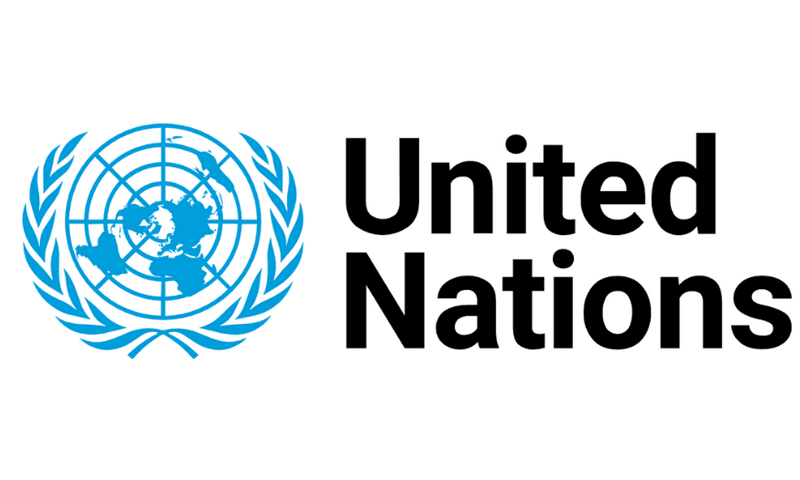Tariq Mahmood Awan
In Pakistan, as in many other countries, a significant gap exists between educational qualifications and practical skills. While formal education provides foundational knowledge, it often fails to equip graduates with the specific abilities demanded by industries. Accordingly, there must be a match between what graduates offer and what employers seek. This disconnect leads to unemployment and underemployment. Skills are directly tied to employability. Vocational skills—such as carpentry, plumbing, or computer programming—create a readily employable workforce. When individuals possess these practical abilities, they can contribute meaningfully to the economy. Pakistan’s private sector, which generates over 90% of jobs, relies heavily on skilled workers. Therefore, prioritizing skills ensures a better match between job market needs and the available workforce.
While basic skills are essential, Pakistan must also nurture advanced skill sets. Scientists, data analysts, AI specialists, and technologists drive innovation. These professionals create solutions to complex problems, develop new technologies, and propel the nation forward. Investing in STEM education (Science, Technology, Engineering, and Mathematics) is crucial for long-term progress.
Pakistan needs to invest in research and development (R&D) to foster innovation. Collaborations between universities, research institutes, and private companies can create an ecosystem that encourages cutting-edge research. By supporting R&D initiatives, Pakistan can develop homegrown solutions to pressing challenges, from healthcare to renewable energy.
A skilled population fosters self-reliance. When individuals possess technical expertise, they can create and manage businesses, contribute to local industries, and drive entrepreneurship. This not only empowers individuals but also strengthens the nation’s economic independence. A self-sufficient Pakistan relies less on imports and more on its own skilled workforce.
Entrepreneurship is a powerful tool for economic growth. By encouraging skills-based entrepreneurship, Pakistan can create a thriving ecosystem of small and medium-sized enterprises (SMEs). These SMEs, led by skilled entrepreneurs, contribute significantly to job creation, innovation, and economic stability. Furthermore, skilled-based farming is also critical. Farmers in Pakistan must learn modern, scientific, and technological agricultural skills to enhance agricultural productivity.
Therefore, importantly, the education system needs transformation. Integrating vocational training alongside traditional academics is essential. Students should graduate not only with theoretical knowledge but also with practical skills. Vocational schools, technical institutes, and apprenticeship programs can play a pivotal role in achieving this balance.
Collaboration between educational institutions and industries is crucial. Regular feedback from employers ensures that the skills taught are relevant and up-to-date. Industry-sponsored projects, internships, and mentorship programs provide students with real-world exposure and enhance their employability.
In summary, skills are the true currency of progress. By prioritizing skill development, Pakistan can build a workforce that drives economic growth, technological advancement, and societal well-being.
Pakistan, with its young and vibrant population, stands at a critical juncture. To truly thrive and achieve sustainable development, the country must shift its focus from traditional education to equipping its citizens with superior skills. While degrees hold value, it is the practical skills that will drive national and societal growth. In this article, we explore why Pakistan needs to prioritize skill development and how it can pave the way for progress.
The Skills Gap
Pakistan faces a significant skills gap. The current education system often churns out graduates whose qualifications must align with the needs of industries, entrepreneurs, businesses, and economic developers. As a result, we see high rates of unemployment and underemployment. To address this, we must prioritize vocational skills alongside academic degrees. Skills such as masonry, plumbing, machine operation, and other technical abilities create a readily employable workforce that can contribute meaningfully to the economy.
Advanced Skillsets
While basic skills are essential, Pakistan must also nurture a generation of individuals with advanced skills. Scientists, data analysts, AI specialists, and technologists are the driving force behind innovation. These professionals create solutions to complex problems, develop new technologies, and propel the nation forward. Investing in STEM (Science, Technology, Engineering, and Mathematics) education is vital for long-term progress.
Research and Development
To foster innovation, Pakistan needs to invest in research and development (R&D). Universities, research institutes, and private companies should collaborate to create an ecosystem that encourages cutting-edge research. By supporting R&D initiatives, we can develop homegrown solutions to pressing challenges, from healthcare to renewable energy.
Economic Independence
A skilled population fosters self-reliance. When individuals possess technical expertise, they can create and manage businesses, contribute to local industries, and drive entrepreneurship. This not only empowers individuals but also strengthens the nation’s economic independence. A self-sufficient Pakistan relies less on imports and more on its own skilled workforce.
Skills-Based Entrepreneurship
Entrepreneurship is a powerful tool for economic growth. By encouraging skills-based entrepreneurship, Pakistan can create a thriving ecosystem of small and medium-sized enterprises (SMEs). These SMEs, led by skilled entrepreneurs, can contribute significantly to job creation, innovation, and economic stability.
Therefore, we need to overhaul our education system. Then, the educational bodies, institutions, and departments affiliated with skills must be reformed to provide quality skills to the students. There are federal and provincial bodies that need to be more functional. One more important thing is the cultural change we require. In an agricultural society, where skills are looked down upon, there is a need to change this behavior and respect the skills. Babers, Carpenters, artisans, and others are not respected, and farming is the only profession that guards respect. This attitude has disillusioned so many people in skills learning, and that is the fundamental cultural issue that is creating a hindrance to skill learning. Therefore, this cultural behavior needs to change.
Pakistan’s path to progress lies in recognizing that degrees alone are not enough. By prioritizing skill development, fostering innovation, empowering individuals, and adopting a multi-pronged approach, Pakistan can build a skilled workforce that drives economic growth, technological advancement, and societal well-being. It’s time to invest in skills – the true currency of progress. Then, both the government and the society must develop a sense of ownership of the skilled people and ensure that social and capital investments are made to develop a skilled nation. Pakistan can not grow without skilled human resources.
Please, subscribe to the YouTube channel of republicpolicy.com

















































